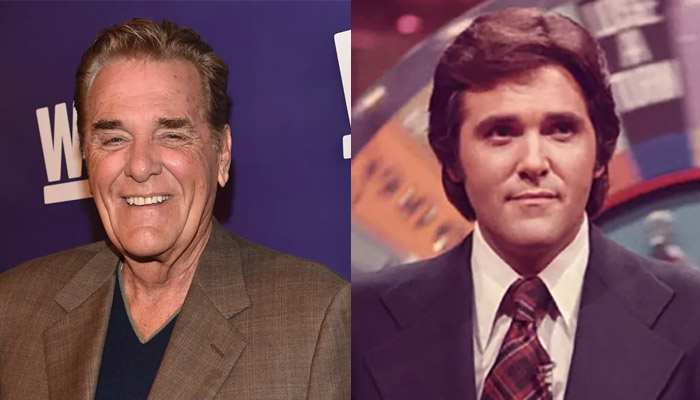Until Denis Villeneuve came along, adapting Frank Herbert’s novel Dune into a workable movie seemed like an impossible dream, nobly attempted once by David Lynch under the supervision of producers Dino and Raffaella De Laurentiis but to little critical or commercial success. If anything, the idea of adapting Dune was always more compelling than actually doing it, which is why Alejandro Jodorowsky’s extraordinary vision for the film, preserved in the documentary Jodorowsky’s Dune , stands as its greatest incarnation, a theoretical mind trip with music by Pink Floyd, visual effects by Dan O’Bannon and H.R.
Giger, and a proposed cast that included Salvador Dalí, Orson Welles, Mick Jagger, and Udo Kier in major roles. (Jodorowsky was set to cast his own son as Paul Atreides, which is just one of the thousand hubristic reasons that funding was pulled.) The trouble with Dune as a movie is that Herbert’s book is both a thrilling space adventure, full of palace intrigue and giant sandworms, and a hallucinatory freakout on a galactic scale, and it’s rare for any one director to have the capacity to do both at once.
(Lynch wasn’t a bad choice, honestly. With greater resources and control, his Dune might have been a masterpiece.) Villeneuve solved the Dune problem by mastering the “space adventure” side of the equation and replacing the book’s more mystical aspects with an imposing, thunderous world-building that overwhelmed you with scale.
To some extent, you don�.


















